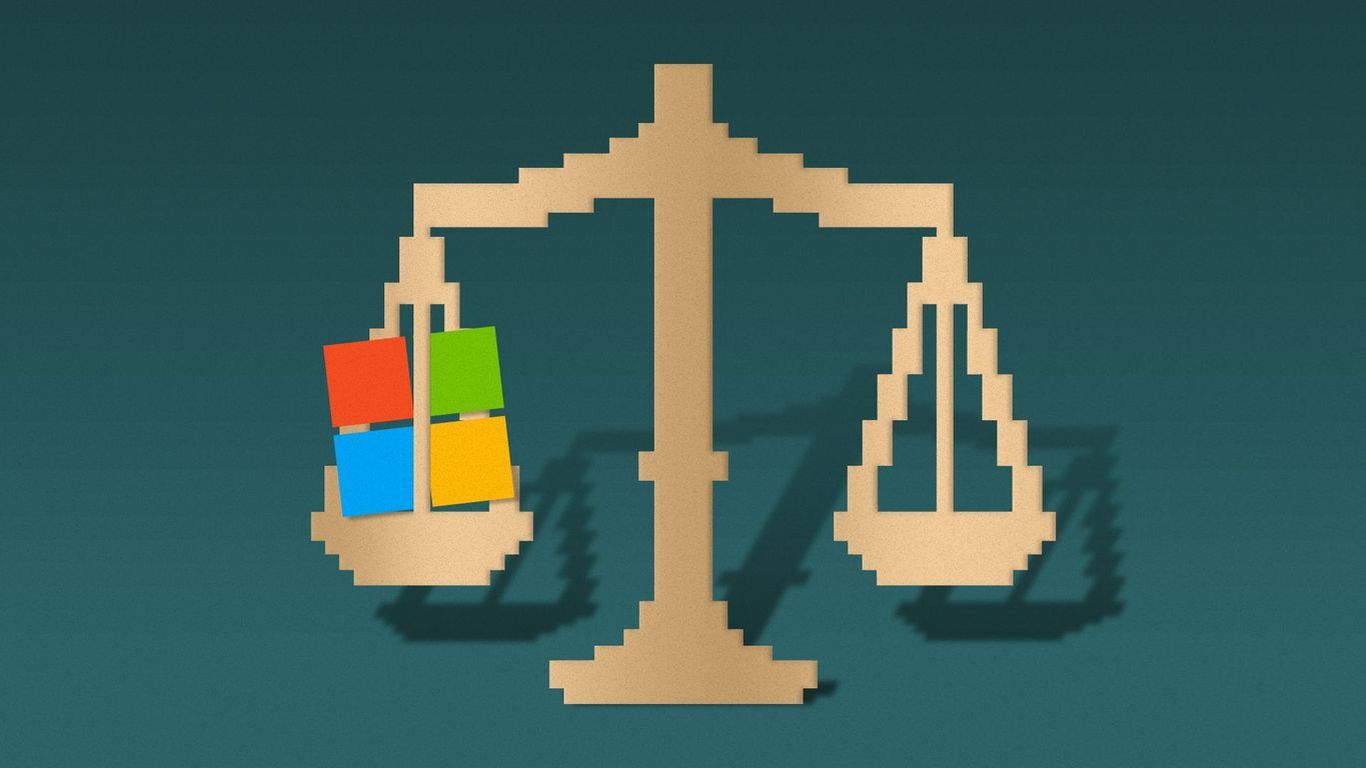FTC to Fight Microsoft's Activision Blizzard Acquisition: A Deep Dive into the Antitrust Battle
The Federal Trade Commission (FTC) is escalating its fight against Microsoft's proposed $69 billion acquisition of Activision Blizzard, signaling a major clash in the ongoing debate surrounding tech giants and antitrust regulations. This move marks a significant escalation from earlier concerns and promises a protracted legal battle with far-reaching consequences for the gaming industry and the future of mergers and acquisitions in the tech sector.
Why is the FTC Challenging the Deal?
The FTC's primary concern centers around anti-competitive practices. They argue that Microsoft's acquisition of Activision Blizzard, home to iconic franchises like Call of Duty, World of Warcraft, and Candy Crush, would give Microsoft an unfair advantage in the gaming market, particularly in the burgeoning cloud gaming space. The FTC believes this could stifle competition and ultimately harm consumers.
Specifically, the commission highlights the following potential issues:
- Domination of the Cloud Gaming Market: The FTC fears Microsoft could leverage its ownership of Activision Blizzard titles to lock out competitors in the cloud gaming market, hindering innovation and consumer choice. They worry Microsoft could make Activision Blizzard games exclusive to its Xbox Cloud Gaming service, effectively freezing out rivals like Google Stadia and Amazon Luna.
- Reduced Competition in Console Gaming: While less emphasized, the FTC also raises concerns about Microsoft's potential to gain an even stronger foothold in the console gaming market, further reducing competition with Sony's PlayStation.
- Harm to Consumers: The ultimate concern is that reduced competition could lead to higher prices, fewer choices, and less innovation for gamers.
Microsoft's Counterarguments
Microsoft has consistently argued that the acquisition will benefit gamers and increase competition. They've pledged to continue releasing Call of Duty on PlayStation and other platforms, highlighting their commitment to maintaining a diverse gaming ecosystem. However, the FTC remains unconvinced, arguing that these promises are insufficient to address their underlying concerns.
The Legal Battle Ahead: What to Expect
The FTC's decision to file a lawsuit signals a significant legal battle. This isn't just about the fate of the Activision Blizzard acquisition; it sets a precedent for future mergers and acquisitions in the tech sector. The case will likely involve extensive discovery, expert testimony, and potentially a lengthy court process.
Potential Outcomes
The potential outcomes are multifaceted:
- FTC Victory: A successful FTC lawsuit would block the acquisition, forcing Microsoft to abandon its bid. This would be a significant victory for antitrust regulators and could influence future mergers in the tech industry.
- Microsoft Victory: If Microsoft wins, it would pave the way for the acquisition to proceed, potentially setting a less restrictive precedent for future deals.
- Negotiated Settlement: A negotiated settlement could involve Microsoft agreeing to concessions, such as licensing agreements or commitments to maintain cross-platform compatibility, to appease the FTC's concerns.
The Broader Implications for the Gaming Industry
The outcome of this legal battle will significantly impact the gaming industry's future. It will shape the landscape of mergers and acquisitions, the development of cloud gaming, and the overall competitive dynamics of the market. Smaller game developers and publishers may find it harder to compete against larger, well-funded entities.
Conclusion: A Pivotal Moment for Tech Regulation
The FTC's challenge to Microsoft's Activision Blizzard acquisition is more than just a corporate battle; it's a pivotal moment in the ongoing debate over tech regulation and the balance between innovation and competition. The outcome will shape the future of the gaming industry and set a precedent for how antitrust laws are applied in the rapidly evolving tech landscape. Stay tuned for updates as this legal battle unfolds.
Keywords: FTC, Microsoft, Activision Blizzard, acquisition, antitrust, competition, cloud gaming, Call of Duty, gaming industry, merger, legal battle, regulation, Sony, PlayStation, Xbox, Google Stadia, Amazon Luna
Related Articles: (Internal links to other relevant articles on your website, if applicable)
External Links: (Links to relevant news sources and official FTC documents)
